A handshake and a friendly ‘hello’ can make all the difference in creating an impression, and it is estimated that we shake around 15,000 hands in our lifetimes.
With our hands coming into contact with a multitude of different surfaces every day, it’s no wonder they can pick up any number of germs and bacteria. Research has found that you actually spread more germs by shaking someone’s hand than you do from kissing them. Keyboards can harbour as much as 7,500 bacteria, while computer mice and screens are also breeding hubs for germs and viruses. Washing your hands regularly is key to keeping the spread of harmful bacteria down.
Why is it important to wash your hands?

One in five people don’t wash their hands after going to the toilet research has found, leading to illnesses, including everything from the common cold to norovirus, being picked up.
Germs can survive on a surface for between 48 and 72 hours - which means you could pick up a virus from simply touching a dirty desk or mouse. This can then be transferred by shaking the hand of someone else. Research from Aberystwth University found a handshake can pass 10 times more bacteria than a fist bump.
Encouraging staff to properly wash and dry their hands can help reduce sickness among employees – and also cut down on sick days. It might be worth discouraging people eating at their desks, due to the amount of germs and bacteria that live on your average office desk. You can use it as a chance for a team meeting over lunch, or provide a much-needed break on sofas or outdoors which will help productivity. The practice of washing hands before eating and after using the restroom should also be promoted at every opportunity. Putting hand wash and hand sanitisers in easy reach will mean there are no excuses for not washing hands.
Are you washing your hands properly?
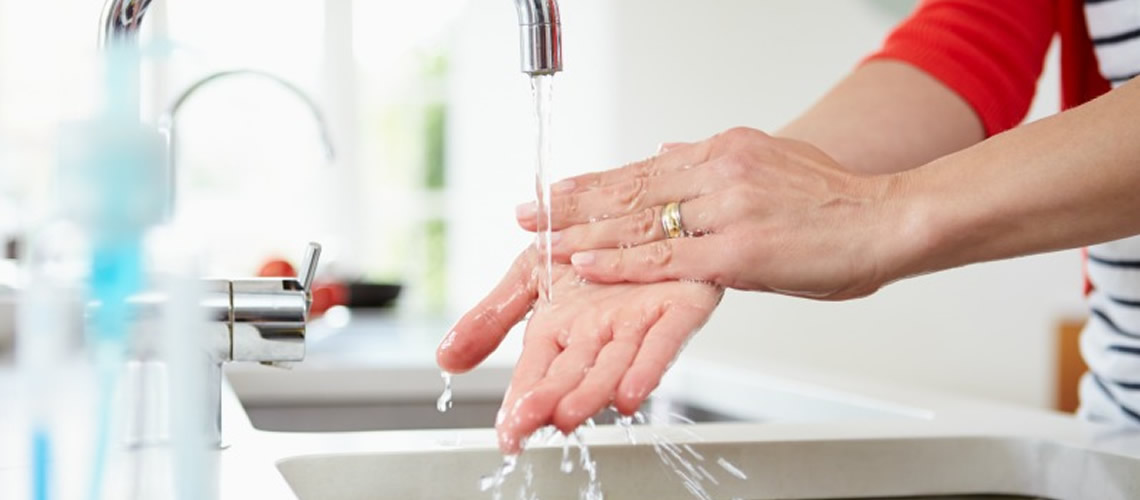
Many people make the effort to wash their hands, but a large proportion aren’t doing it properly. More than 50% of people forget to wash their thumbs and 95% don’t wash their hands for long enough.
In order for the germs on our hands to be properly washed away, we should be washing them for at least 20 seconds. Hands should be wet with water, have enough soap applied to cover both hands and then scrubbed – capturing the palms, fingers, thumbs and the back of hands. Giving them a rinse and a proper dry is always good practice.
Only eight seconds are spent drying hands, which isn’t long enough to keep them germ free – make sure they are fully dry before heading back into the office.
Hand dryers vs paper towels
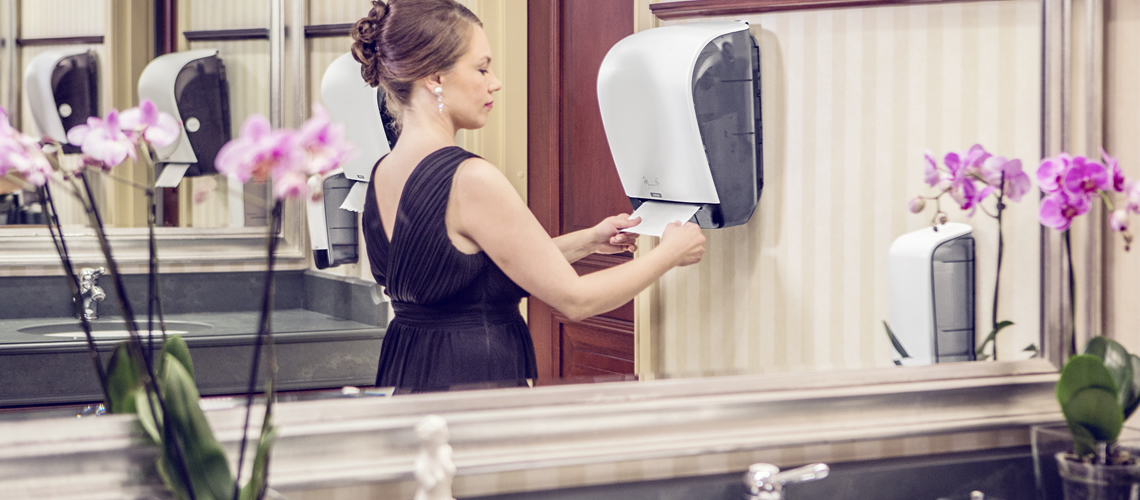
Drying your hands is just as important as washing them because wet hands can pass on germs much more easily. But when it comes to drying your hands, it can be hard to know which is better - hand dryers or paper towels. And while many people will have a preference as to what they use, a study by Katrin has shown drying your hands with paper towels is actually better, as it physically removes the bacteria.
Hand dryers are said to blow bacteria into the air and actually take longer to dry your hands than a paper towel. As people only spend a short amount of time drying their hands after washing them, speed is everything. A paper towel can have your hand 99% dry in just 15 seconds, compared to 45 seconds when using a hand dryer.
Providing employees with all the tools they need to wash and dry their hands effectively is essential, and clearly displayed signage could also help. Office hygiene is the responsibility of everyone, so encouraging staff to properly wash and dry their hands is important.
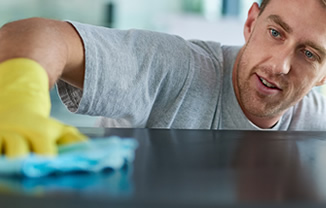
Cleaning and Waste Management Solutions
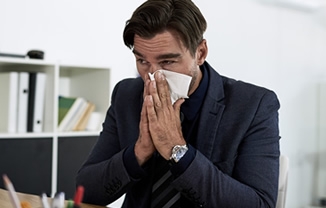
Office hygiene: the shocking truth
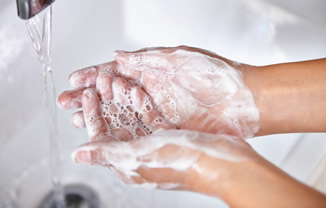
Washroom Solutions
You can call a Staples representative at the following number:
+44 (0) 121 322 1000
You can also fill out the form below and one of our representatives will get in touch with you shortly.